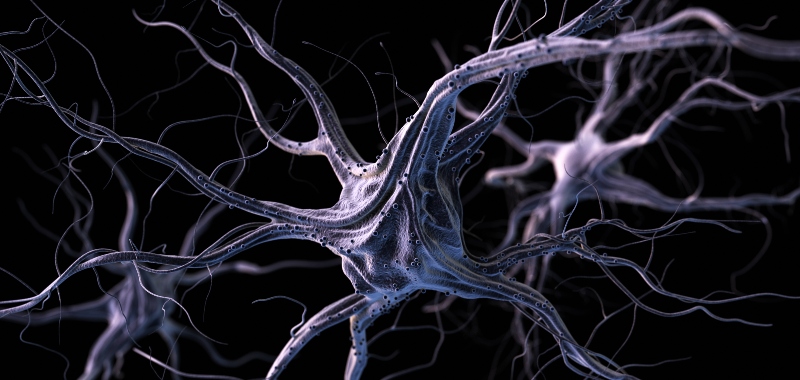
The AEPD and the European supervisor analyse the challenges posed by the processing of neurodata
The Spanish Data Protection Agency (AEPD) and the European Data Protection Supervisor (EDPS) have joined forces to analyze the challenges posed by the processing of neurodata today by publishing a report on the subject. Neurodata, which is data collected from brain activity, represents an emerging field with enormous potential, but also with significant ethical, legal and privacy challenges.
The report highlights how certain uses of neurodata can interfere with the fundamental rights and freedoms of individuals. Furthermore, the AEPD and the EDPS propose to analyze in greater depth the need to create new human rights known as “neuro rights”.
Description of neurodata
Neurodata is information obtained through neuroscience technologies that monitor brain activity. This includes data from electroencephalograms (EEG), functional magnetic resonance imaging (fMRI), and other devices that capture the brain’s responses to different stimuli. Neurodata can provide information about emotions, thoughts, and mental states, opening up a range of potential applications in medicine, marketing, entertainment, and more.
In fact, in recent years, there has been a growing trend to use neurodata in the marketing sector, measuring the human brain’s reaction to advertisements or products to study, analyze and predict consumer behavior.
How rights and freedoms are affected: main challenges
The main challenges involved in the processing of neurodata include, among others:
- Privacy and Data Protection: one of the biggest challenges is the privacy of neurodata. Unlike other types of personal data, neurodata can reveal extremely sensitive information about a person’s mental and emotional state. This raises the need for a rigorous regulatory approach to ensure that this data is not used inappropriately or without the explicit consent of individuals.
- Informed Consent: obtaining informed consent for the use of neurodata is a crucial aspect. Given that most individuals do not have a thorough understanding of how neuroscientific technologies work, there is a risk that consent may not be fully informed. The AEPD and the EDPS are working on defining clear and understandable mechanisms so that citizens can understand how their brain data is collected and used.
- Risk of Discrimination and Stigmatization: Neurodata could be used to infer personal characteristics that could lead to discriminatory practices. For example, in the workplace, they could be used to assess the cognitive ability of an employee or candidate, which may lead to unfair or biased decisions.
- Information Security: The security of neurodata is a critical issue. As highly sensitive data, its leakage or unauthorized use could have devastating consequences for the privacy of individuals. Data protection agencies are working to develop legal and technical frameworks to ensure the security of this data.
Position of the AEPD and the European supervisor
The AEPD and the European Data Protection Supervisor play a crucial role in creating guidelines and regulations for the processing of neurodata. Their aim is to ensure that these technologies are developed and used in a way that respects the fundamental rights of individuals, especially in relation to privacy and personal data protection.
Both entities are driving the debate and research on how to regulate the use of neurodata in an ethical and legal manner. This involves collaboration with experts in neuroscience, ethics, law, and technology to create a framework that is effective and adaptable to the rapid advances in the field of neurotechnology.

Midiala Fernández es abogada especialista en propiedad intelectual, derecho de las nuevas tecnologías y protección de datos.
Desde 2019 asesora en materias como comercio electrónico, marketing digital, publicidad, competencia desleal y ciberseguridad. Es graduada en Derecho por la Universidad Complutense de Madrid y cuenta con formación de posgrado en derecho y compliance TIC por la Universidad Camilo José Cela.







